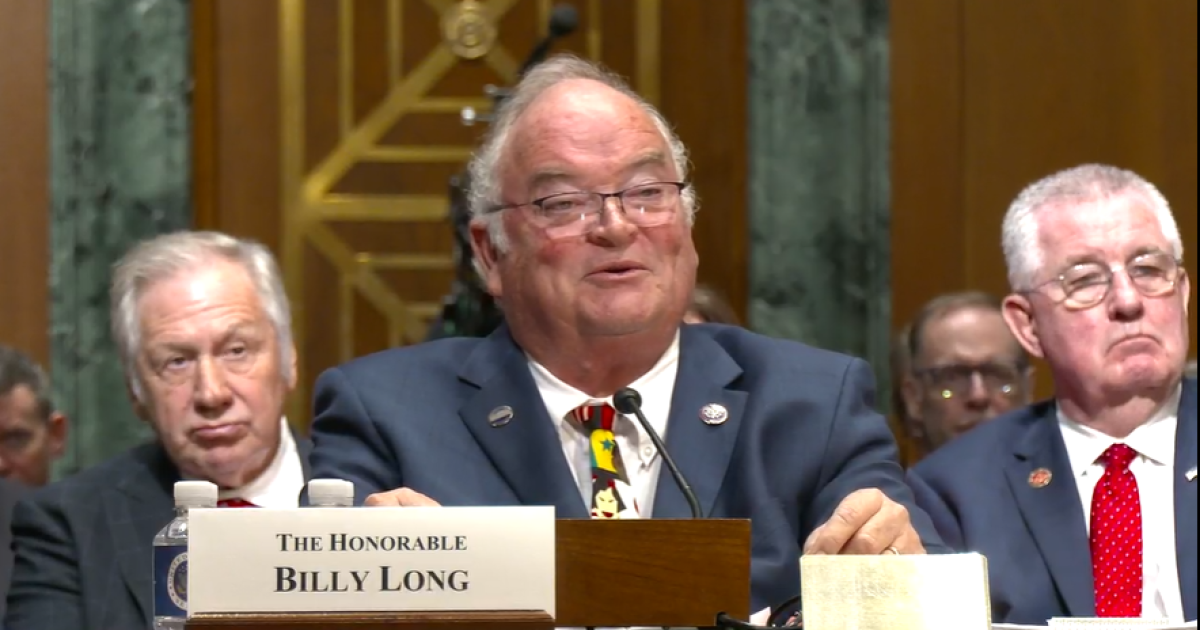Brace yourself; more Ultimate crimes; good enough; and other highlights of recent tax cases.
Providence, Rhode Island: Mortgage broker Joseph Giuttari has admitted to stealing from investors, to filing fraudulent applications for Economic Injury Disaster Loans, and to failing to report an income of more than $540,000.
Giuttari, owner and operator of Hybrid Capital Group, The Fens Co. and Realty Funding Advisors, among others, pleaded guilty to wire fraud, theft of government property and filing a false return. He allegedly misrepresented to investors the amount a borrower was interested in obtaining; misrepresented that documents were in place to secure the investment funds; inflated how much borrowers owed; used borrowers’ names without their authorization to obtain funds from investors; and created fraudulent promissory notes and real estate documents bearing forged signatures of borrowers. He also admitted that he appeased certain earlier investors and lenders by paying them back using money from new investors.
The government claims the loss is between $3.5 million and $9.5 million.
Giuttari admitted that he also fraudulently applied for and acquired more than $160,000 in EIDLs for Hybrid Capital and Fens, claiming on the applications that his companies were not engaged in lending or investments.
He also admitted to falsely stating on his 2019 federal personal income tax return that his total income was $22,176, when in fact it was at least $541,000.
Sentencing is Jan. 30.
Oakland, New Jersey: Business owner Walter Hass, 62, of Hewitt, New Jersey, has admitted to a $3.5 million payroll tax evasion.
Hass owned and operated a shipping/logistics company and since 2014 has operated the company under three different names. From 2014 to 2022, he failed to pay over to the IRS at least $3.5 million in payroll taxes. Instead, he used company money to fund his personal lifestyle, including the purchase of luxury vehicles, high-end watches and jewelry, designer clothing items and accessories, tickets to sporting events, home renovations, vacations, water sports vehicles and extravagant meals.
The charge is punishable by up to five years in prison and a $250,000 fine, or twice the gross gain or loss from the offense, whichever is greater. Sentencing is April 22.
Fresno, California: Former resident Pilar Rose has pleaded guilty to tax evasion and obstructing an IRS audit.
From 2012 through 2015, Rose prepared false financial statements for her husband’s orthodontics practice that significantly underreported profits. Rose evaded more than $870,000 that she and her husband owed in federal taxes.
In June 2015, Rose had sought a $1.5 million home mortgage refinance loan on the couple’s mansion. She submitted copies of her and her husband’s federal returns that showed significantly greater income than was reported on the actual returns they filed with the IRS. The bank declined the loan after discovering the discrepancies.
A month later, Rose applied to a second bank for a home mortgage refinance loan and represented that their bank accounts had a combined balance of more than $250,000 when they had less than $3,000. She also submitted copies of her and her husband’s federal returns and a P&L that significantly exaggerated the profitability of her husband’s orthodontics practice. The second bank approved the loan.
In early 2016, Rose obstructed an IRS audit of her and her husband’s taxes. She altered hundreds of checks for the couple’s non-deductible personal expenses such as their mortgage, utilities, landscaping, pool cleaning, cars, credit cards and children’s college tuition, to make it appear as though the checks were for deductible business expenses. She also created false financial statements for her husband’s orthodontics practice to match the altered checks.
In 2017, Rose purchased a new BMW for some $90,000, financing $65,000 through a loan from a third bank. On that loan application, she represented that she was an attorney who made more than $600,000 per year. She was not an attorney, and she used the Social Security number of her husband’s former dental school classmate because she knew that using her real Social Security number would reveal a low credit score. The loan was approved.
Sentencing is March 17. She faces up to five years in prison and $100,000 fine for the tax evasion charge and an additional three years and a $5,000 fine for the obstruction charge. Rose agreed to forfeit her interest in more than $2.5 million of proceeds from the sale of her and her husband’s mansion and BMW that authorities previously seized.
Strongsville, Ohio: Dr. Suman Jana has pleaded guilty to corruptly endeavoring to obstruct the due administration of internal revenue laws.
Jana was a client of fraudulent tax shelter promoter Michael Meyer and his sub-promoter Rao Garuda, who used Meyer’s scheme called the “Ultimate Tax Plan” to fraudulently claim $764,350 in charitable contribution deductions for 2012 through 2015.
Meyer and his co-conspirators marketed the scheme as a way for high-income clients to reduce their taxes by claiming they had donated valuable property to charities Meyer controlled while retaining complete control and use over their “donated” assets. Jana used the funds he claimed to have donated to charity to, among other things, purchase several cars for himself and his wife.
In 2017, after claiming five years’ worth of charitable contribution deductions, Jana bought back the company he had “donated” to Meyer’s charity for $10,000, reclaiming his purported donation and exiting the plan.
In April 2018, the Justice Department filed a civil complaint for a permanent injunction against Meyer and the following month served a civil subpoena on Jana requesting that he produce records in connection with the Ultimate Tax Plan. Meyer and Garuda instructed Jana to pretend that the buyback did not occur. Meyer prepared backdated transaction documents, written acknowledgements and promissory notes for Jana to sign and submit in response to the civil subpoena, the false documents making it look as if Jana signed the promissory notes at the time that he and his wife paid personal expenses out of the purported charity. Jana signed the documents.
Sentencing is March 7. Jana faces a maximum of three years in prison, as well as a period of supervised release, restitution and monetary penalties.
Athens, Georgia: Tax preparer Jessica Crawford has admitted to filing more than $3 million in fraudulent returns on behalf of clients.
FBI agents investigating a multistate unemployment benefit scheme conducted during the COVID-19 pandemic discovered text messages between individuals involved in the scheme and Crawford, a preparer with Crawford Tax Services. Crawford filed for pandemic unemployment assistance benefits on behalf of those individuals, who had created fake businesses or submitted false information to fraudulently obtain benefits. Crawford received a percentage of the benefits.
In April 2022, an undercover IRS agent met Crawford to have taxes prepared and Crawford asked if the agent did anything on the side. At first the agent responded no. When Crawford said that expenses could be deducted if he did, the agent replied that he mowed an aunt’s lawn sometimes and Crawford said that was “good enough,” authorities said.
Despite the agent providing no income or expense amounts, Crawford created a Schedule C business for landscaping on the agent’s federal income tax return based solely on that interaction. Crawford prepared a 1040, including a fictitious Schedule C loss of $19,373, and claimed the Earned Income Tax Credit, the Child Tax Credit and qualified business income deduction that were affected by the fraudulent Schedule C loss. As a result, the agent’s return claimed a fraudulent federal refund of $12,359.
The IRS reviewed 1,261 returns filed by Crawford in 2020 and 2021 and determined that Crawford fraudulently filed returns for clients that resulted in losses to the IRS exceeding $3 million from falsely claimed 7202 credits for sick leave and family leave, tax credits and dependent care credits.
Crawford faces a maximum of 30 years in prison to be followed by five years of supervised release and a $1 million fine. Sentencing is March 19.


 Economics1 week ago
Economics1 week ago
 Economics1 week ago
Economics1 week ago
 Personal Finance6 days ago
Personal Finance6 days ago
 Economics5 days ago
Economics5 days ago
 Economics1 week ago
Economics1 week ago
 Personal Finance1 week ago
Personal Finance1 week ago
 Personal Finance1 week ago
Personal Finance1 week ago
 Economics4 days ago
Economics4 days ago











